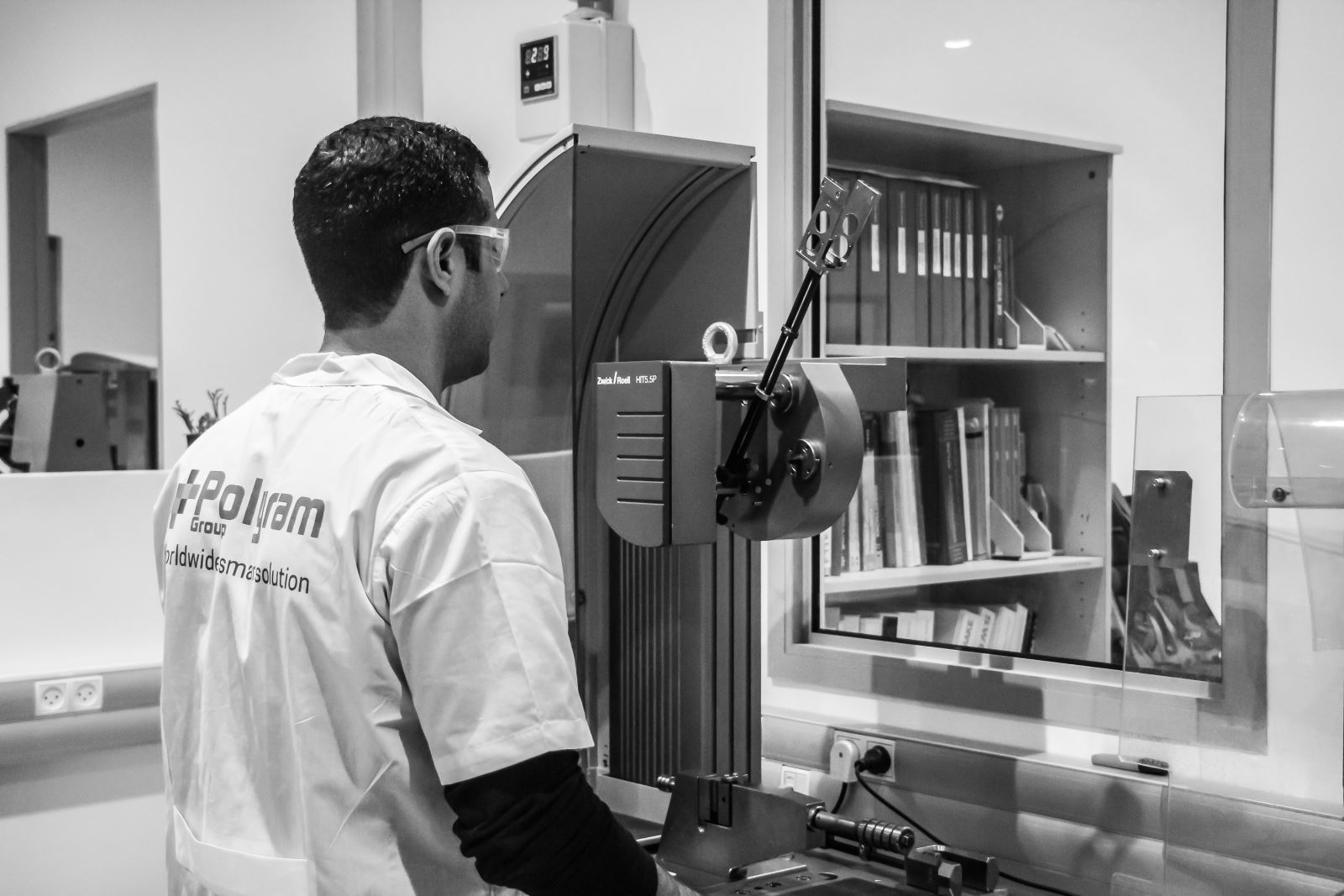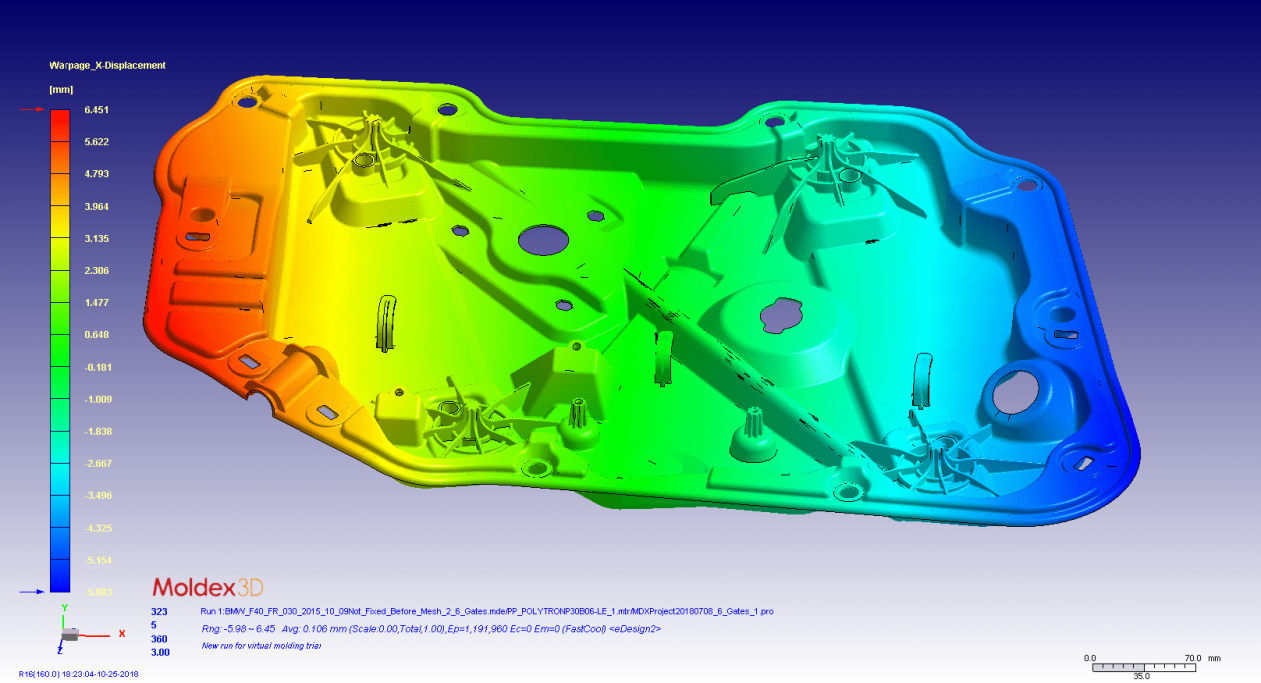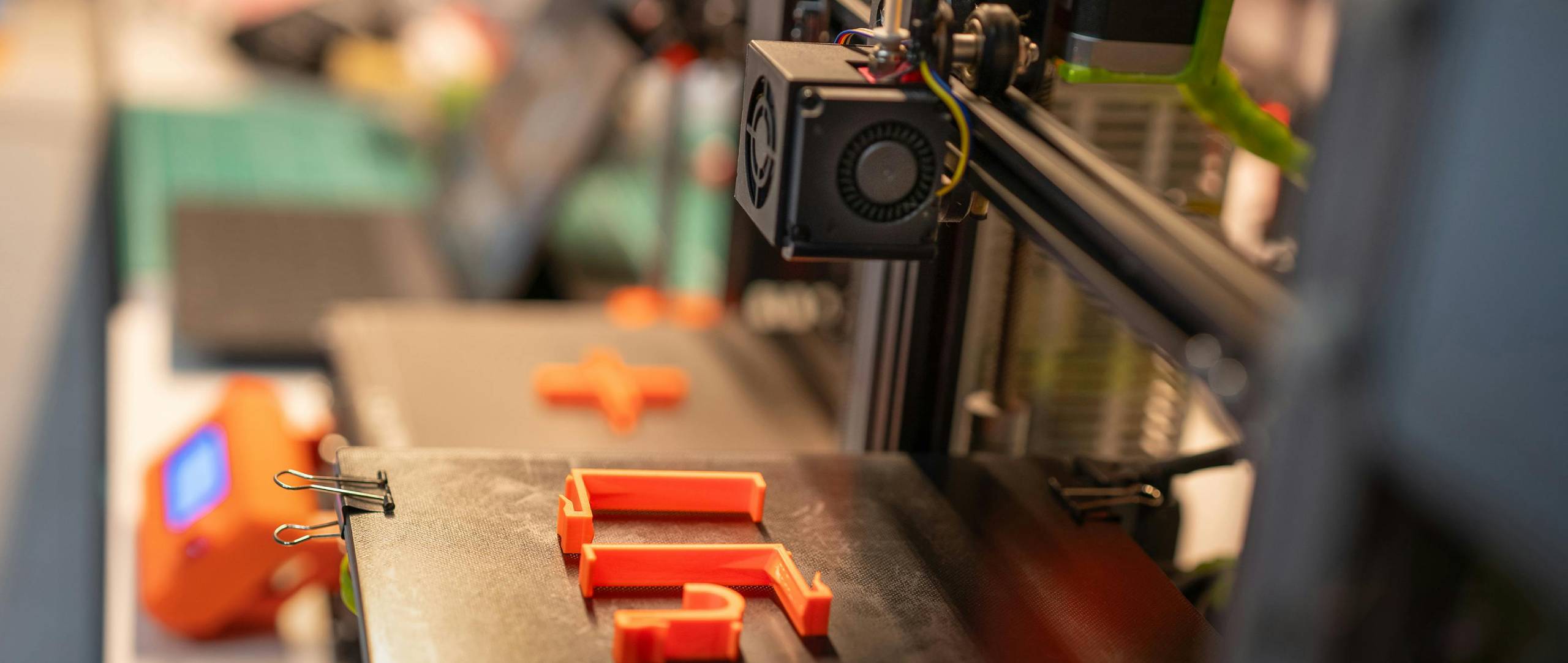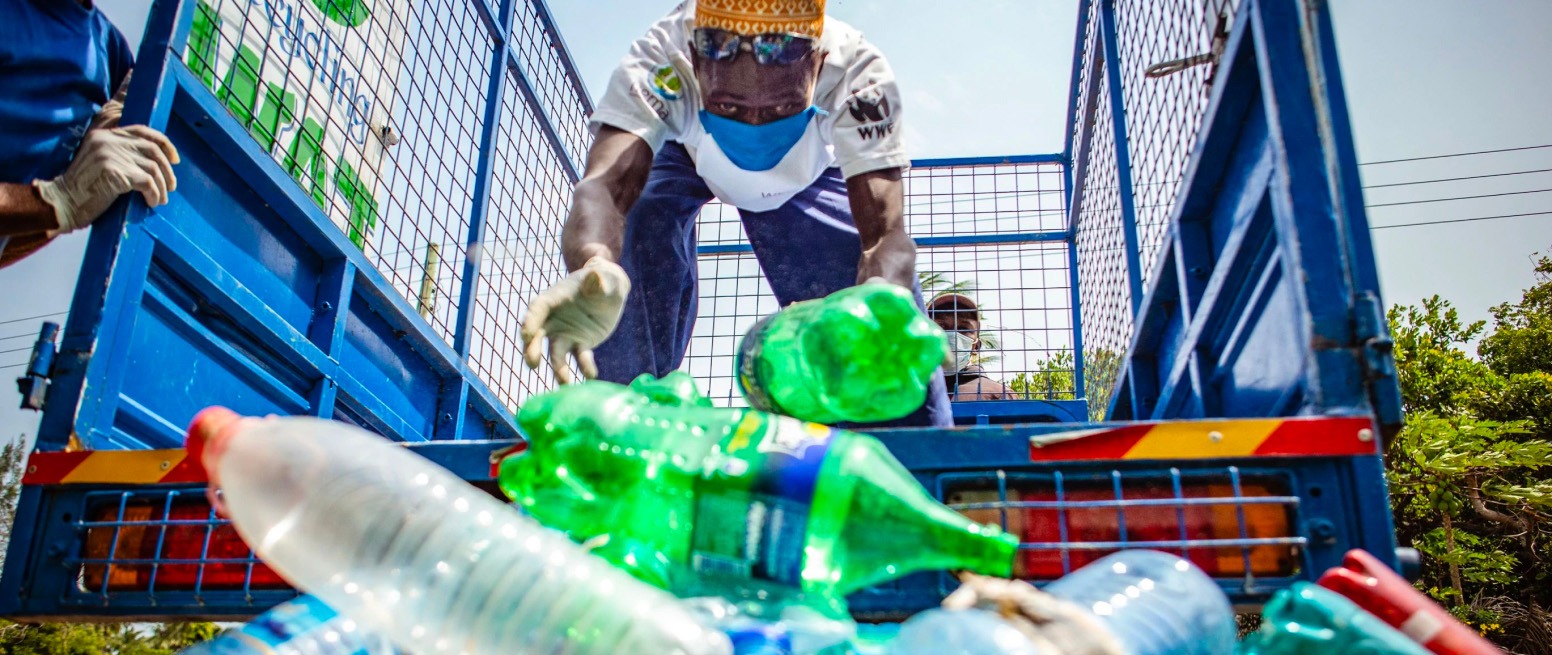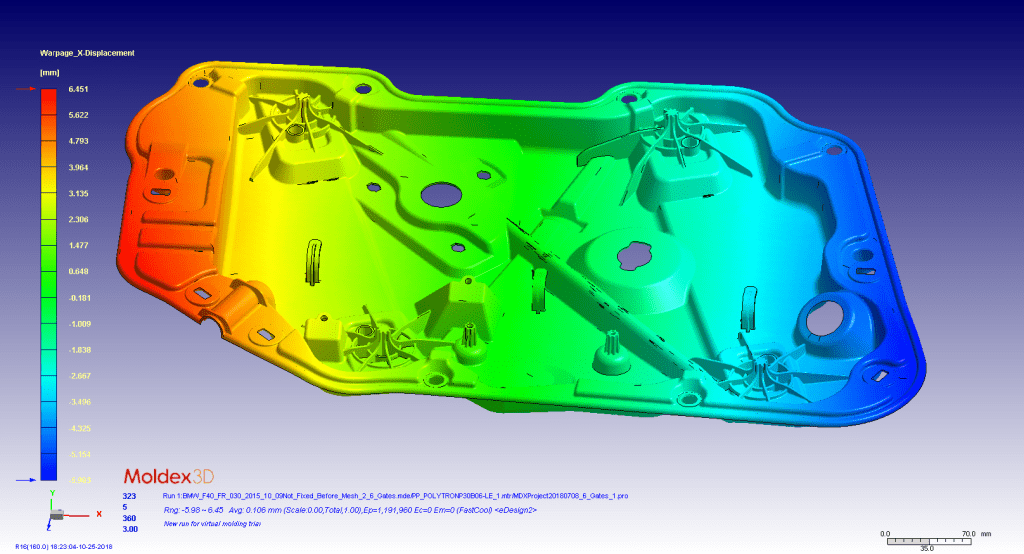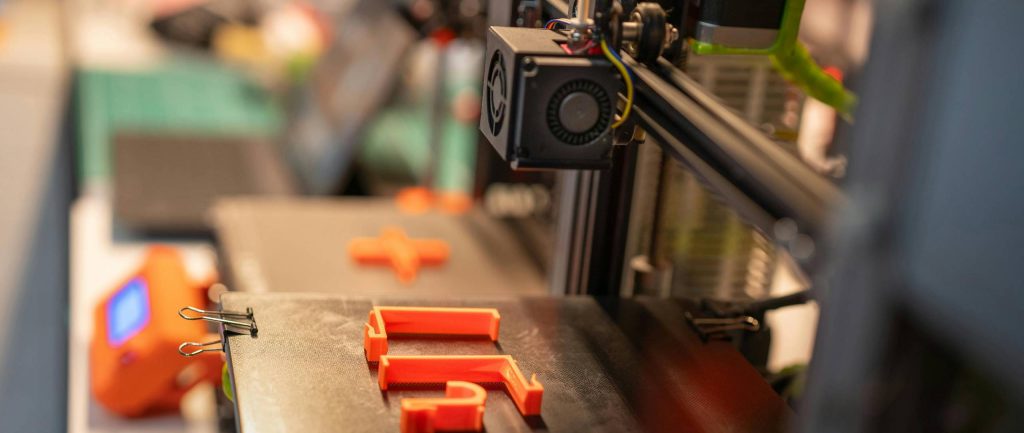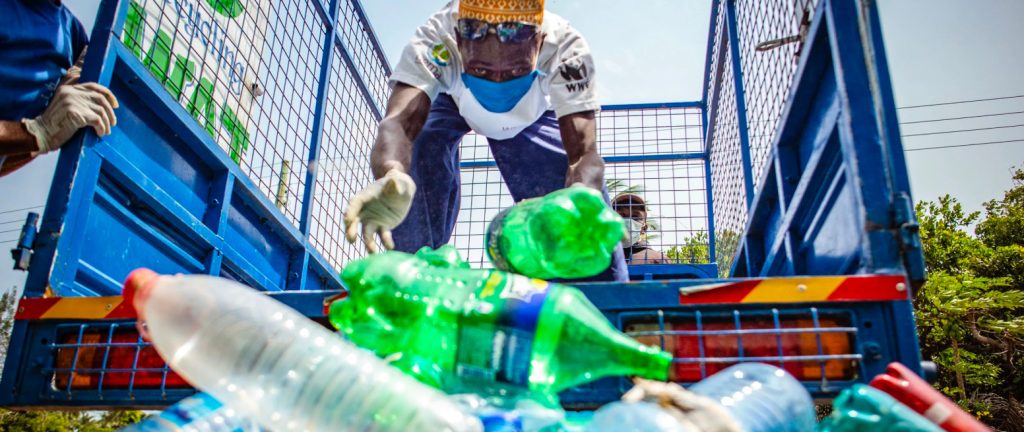Quality testing equipment and a skilled team capable of extracting the best from it are not available in every facility. Sometimes, even with the appropriate internal infrastructure in the plant’s lab, there is still a need for independent lab testing to verify the results. This need is even more pronounced in R&D companies, which require equipment and technical expertise that may not be available at the beginning of their journey.
Polyram, specializing in innovative and advanced compounds for various industries, including the automotive sector, holds one of the most equipped labs in the industry. They offer testing services to the entire industry, ensuring services with close consultation and full availability throughout the testing process.
In the lab, you’ll find a full-service for all mechanical testing needs. The injection molding machine injects test samples according to global standards, such as tensile test samples according to ISO 527 and flexural samples according to ISO 178. Additionally, you can inject samples for common impact tests like Charpy and Izod, including notched samples. The machine is suitable for injecting both virgin and recycled polymers, excluding PVC powder. Mechanical properties can be tested over a temperature range of -40 to 200 degrees Celsius. Impact tests are performed at temperatures ranging from -40 to 23 degrees Celsius (room temperature).
Additional mechanical tests include peel tests and isotropic property checks, which examine the mechanical properties in all directions of the product. The test is carried out in a special procedure. In addition to injection and testing services, you also have at your disposal a grinding mill that allows for milling materials and performing tests on them.
The flow properties of the material, such as melt flow index (MFI) or melt volume rate (MVR), significantly impact the manufacturing process. At Polyram, MFI/MVR tests, defining the basic rheological characterization, can be conducted. A newly acquired capillary rheometer further enhances the lab’s capabilities. Another interesting test is the spiral test, performed in the injection molding machine, particularly suitable for materials where MFI does not provide an accurate picture, such as hygroscopic materials with water absorption variability. This dynamic flow test provides a more accurate image of the melt behavior.
Polyram has an upgraded flammability test chamber where you can perform all the tests according to the common UL94 standard. The hot wire ignition test is particularly relevant for the electronics industry, and the FMVSS 302 test is unique, especially for the automotive industry.
Additional tests related to the thermal resistance of the product include HDT and Vicat. Both provide information about the temperature range to which products can be exposed without affecting their properties.
In the field of outdoor resistance, accelerated weathering tests allow for a relatively quick assessment of the UV radiation’s effect on the product’s color and mechanical properties. At Polyram, you’ll find QUV machines with UVA radiation at a wavelength of 340 nm, as well as a xenon test simulating sunlight more qualitatively.
Temperature and humidity also affect the product’s properties, and plastic exposed to heat and cold cycles or prolonged humidity is expected to experience damage to these properties. With the help of a temperature and humidity climatic chamber, it is possible to simulate this behavior and examine the product’s properties.
And if we’re talking about humidity, moisture absorption tests and moisture content tests are critical for hygroscopic polymers like polyamides. In addition, Polyram can perform density tests, percent shrinkage tests, and, of course, dimensional measurements such as thickness and diameter.
Material identification is done using a variety of tests – DSC to determine the glass transition temperature, melting and crystallization temperatures, FTIR/ATR for polymer identification, and tests like TGA and OIT for oxidation time.
With the help of an optical microscope, it is possible to perform fiber length tests on complex products, check microscopic defects, and more.
All Under One Roof
To summarize, at Polyram’s lab you can receive testing and injection services conveniently and efficiently in one place. A professional team and top-notch equipment, working according to standards, enable the receipt of a reliable test report at the end of the process.
For more information, consultation, and price proposals: Omri Hamu, OmriH@polyram-group.com
**Credit: https://plastictime.co.il/

